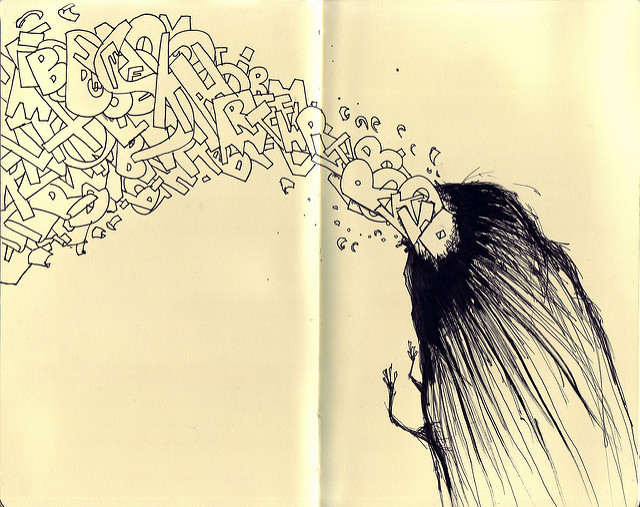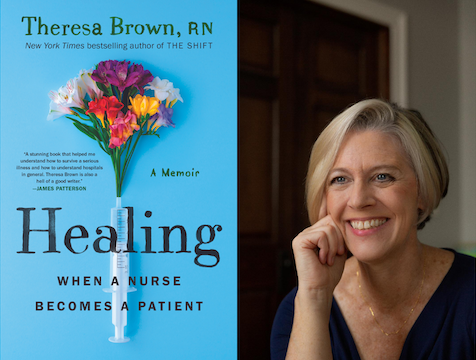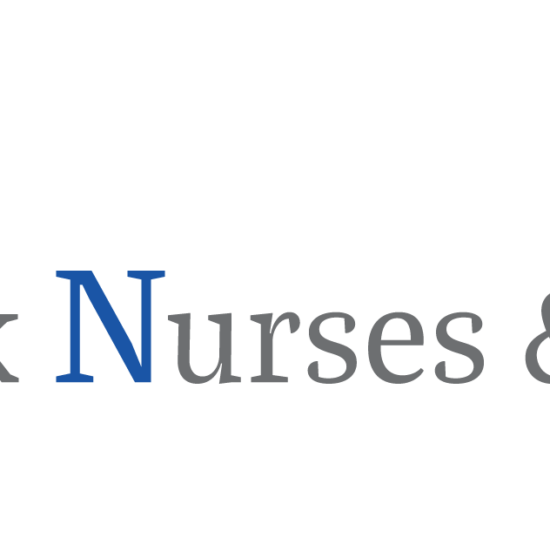
In the six years or so that I’ve blogged at HealthCetera, I’ve written about the use of reflective writing in clinical practice and education, and I’ve examined poems that elucidate aspects of health and health policy. And in that time the post of mine that has been viewed most often—by far—is one I wrote three years ago, “Nurses and Patients and Plagiarism: The Consequences Aren’t Merely Academic.”
Why is there such an enduring interest in plagiarism? My post looked at a couple of literature reviews that suggest academic dishonesty among nursing students may have implications for ethical nursing practice. A new search shows the problem is far from resolved.
Last November, for example, the UK weekly journal Nursing Standard reported the results of its investigation that found thousands of UK nursing students had committed academic fraud, 79% of the cases involving plagiarism (the article is free but requires a login).
And in March Australian researchers Lynch and colleagues published an integrative review on plagiarism in nursing education (login required) in Journal of Clinical Nursing. The study illuminates several fascinating aspects of the plagiarism problem in nursing:
- Students’ cultural or language background does not affect their likelihood of plagiarizing.
- Many nursing students simply do not understand the basics of referencing and paraphrasing.
- Inadvertent or accidental plagiarism is common.
- Students are more likely to plagiarize if they are at risk of failing a course.
- As unethical behavior in academia becomes “neutralized” and then “normalized” to nursing students, they are more likely to continue to engage in unethical behavior, with serious implications for clinical practice.
- Some faculty find it an “enormous burden” to deal with academic dishonesty.
- The threat of punishment has not reduced plagiarism in nursing education.
That last point seems important to emphasize. Just today a writer in Inside Higher Ed, Jennifer A. Mott-Smith, suggests that unless a student submits a paper she paid someone to write or copied and pasted it entirely, academic plagiarism should not be punished—that it instead should be seen as a teaching opportunity to help students “continue to practice the difficult skill of using sources.”
That has been my approach as a writing instructor with nursing students. But this can’t mean pretending it’s not happening. Rather, it requires something extra from nursing faculty and institutions—namely, real time spent on teaching writing as a process in which the student learns to think. Otherwise, the copying culture will not abate.
I’d like to hear from others, both nursing students and faculty. Is plagiarism an issue for you? How have you handled it?
Image source: Matt Saunders, flickr









PATRICIA WAGNER DODSON / May 23, 2017
This is an interesting question, Joy. I don’t think nurses should be treated any differently than other university students. I believe it is appropriate to expect all university students to understand they cannot use any writing or ideas that are not their own without properly citing the sources. Mott-Smith’s suggestion is not acceptable to me. I honestly do not believe it is a “difficult skill.” In my generation, no one graduated from high school without learning this skill. No person should be in the position of providing complicated, research-based care to anyone if they do not know the difference between truth and deception. Sure, writing is difficult and citation is complicated. But this skill is required of university students. Dealing with it is burdensome, but teachers need to be willing to call their students on any work that is suspect and explain why it is unacceptable.
Embedded in this discussion, I think, is the common notion that nurses are not educated but rather trained. Nurses talk about acquiring skills, as if the tasks we perform determine how good we are at being nurses. The tasks we perform are simply tasks. Educated nurses know more than tasks. They know what is and is not true, they know what they don’t know, and they know when they make mistakes. We should not be in the business of granting university degrees to individuals who are unable to think for themselves and write without stealing.
/
Joy Jacobson / May 25, 2017
Thanks for this thoughtful response, Pat. I especially appreciate the old distinction you raise between “education” and “training” for nurses, between doing and knowing in clinical practice. It’s an important point, and the ability to synthesize others’ ideas into your own has no small part. Thanks again!
/
Kenya / May 23, 2017
Joy thanks for sharing. This is an ongoing issue that requires new ways to confront and discourage students from considering or engaging in unethical practices.
/
PEGGY L CHINN / May 23, 2017
thank you for this! A couple of years ago I wrote an article in “Nurse Author and Editor” addressing my perspective on this — which is that it does not help to tell students not to plagiarize – they need to know what to do instead. My focus is on ways to make your own ideas “shine” while at the same time placing them in the context of others in the field. Here is the link – http://naepub.com/writing-basics/2015-25-1-4/
/
Joy Jacobson / May 25, 2017
Peggy, I agree with your approach and am glad to know of your essay on this topic. I’ll use it in my teaching. Thanks!
/
Kristen Buchanan / May 25, 2017
I work at a healthcare-focused college, where all students are studying healthcare, but most are nurses. I teach writing here, and often am puzzled at what counts as writing within the healthcare majors. Teaching writing process is absolutely key. We need to form a Writing Center here that looks at Writing Across the Curriculum, because what I teach in English Comp is certainly NOT being reinforced in the healthcare major classes.
/